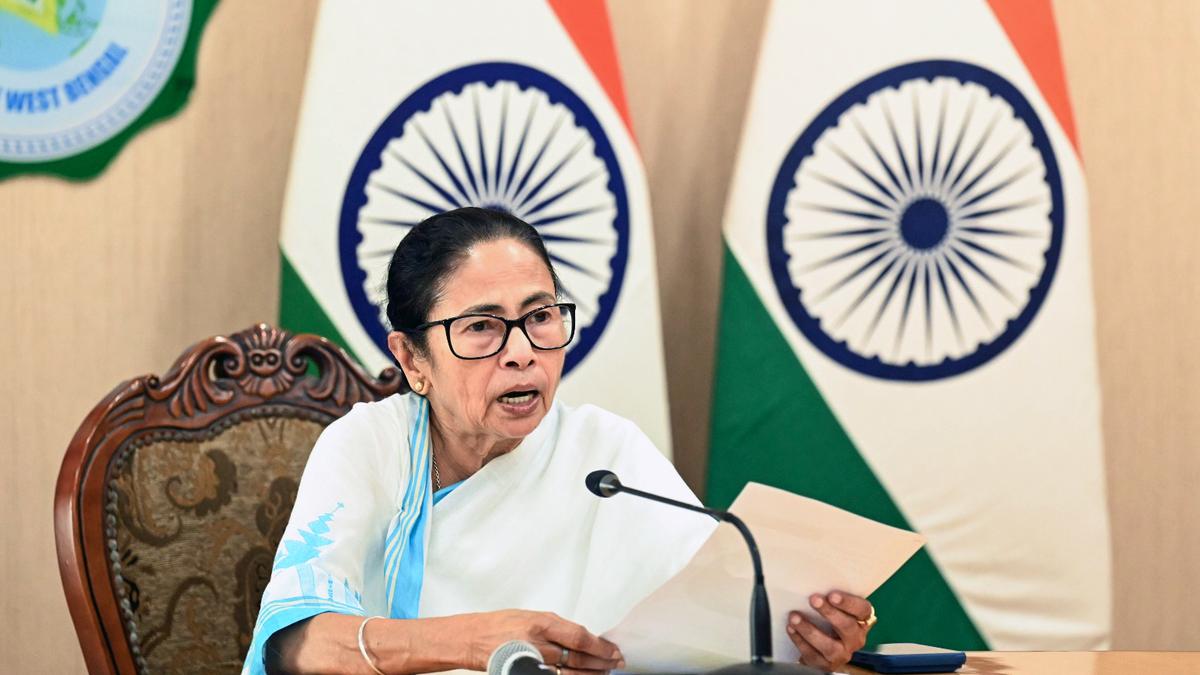Now Reading: Trinamool Congress Refuses to Nominate Members for JPC on Bills Targeting Arrested PM, CMs
-
01
Trinamool Congress Refuses to Nominate Members for JPC on Bills Targeting Arrested PM, CMs
Trinamool Congress Refuses to Nominate Members for JPC on Bills Targeting Arrested PM, CMs

Quick Summary
- Date and Event: The Trinamool Congress (TMC) announced on August 23, 2025, that it will not nominate members to the Joint parliamentary Committee (JPC) formed to review three controversial Bills introduced in Parliament.
- Bills Introduced: The Bills under review are:
– Goverment of Union Territories (Amendment) Bill, 2025,
– Constitution (One Hundred Thirty Amendment) Bill, 2025,
– Jammu and Kashmir Reorganisation (Amendment) Bill, 2025.
- opposition Actions: TMC described the JPC as “a farce” and protested against the introduction of these Bills in Lok Sabha. Some TMC MPs tore copies of the Bills near Union Home Minister Amit Shah’s seat during chaotic scenes on August 20th.
- Criticism from Mamata Banerjee: West bengal Chief Minister Mamata Banerjee condemned the legislation as “draconian” and stated it is an attempt to end democracy and federalism.She accused it of empowering unelected authorities such as investigative agencies at the expense of elected state governments.
Indian Opinion Analysis
The development highlights significant concerns about India’s federal structure and its democratic principles. Opposition parties like TMC view these amendments as undermining state autonomy while concentrating power within central authorities-a potential challenge for cooperative federalism enshrined in India’s Constitution.
Despite fierce criticism from leaders such as Mamata Banerjee labeling them a “super-Emergency,” opinions may remain polarized depending on political alignment. While parliamentary committees often aim for scrutiny through bipartisan representation, TMC’s boycott risks sidelining critical voices during deliberations.
Given escalating tensions and dramatic protests in Parliament surrounding these proposals, this issue underscores broader implications regarding governance reforms’ approach. If not addressed delicately with extensive consultation among stakeholders-state representatives especially-such steps could aggravate trust deficits between central leaderships and regional governments.
—
Images included:
!file picture of West Bengal CM Mamata Banerjee























